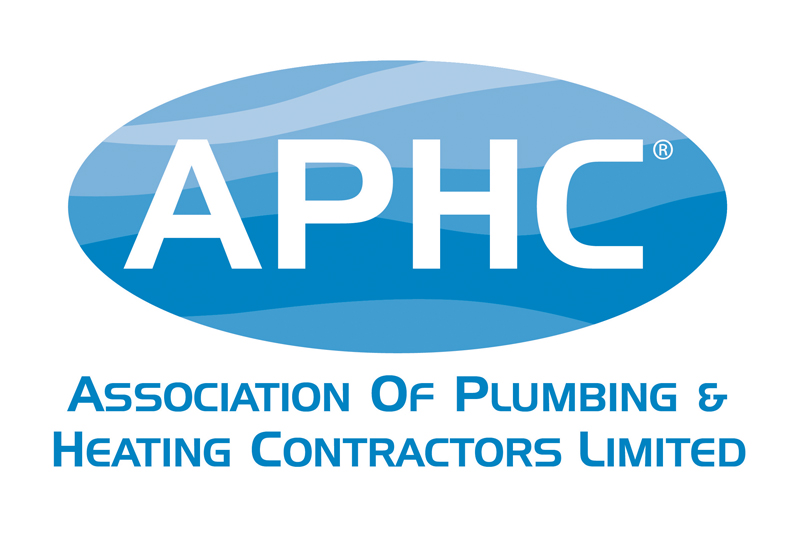
Your van is more than just how you get around – it’s the reason you get to jobs on time, keep a loyal customer base and ultimately keep your business running. PHPI gets some tips from Mobil on how to keep you on the road.
Vans certainly don’t have an easy ride. Carrying heavy equipment and travelling high mileages can really take its toll. And perhaps most importantly, the stop-start nature of driving in towns and cities creates a seriously tough environment for a van’s components. Whether it’s a burst tyre or a full engine breakdown – maintenance costs you time and money.
“Regularly checking oil is important of course, but think about which oil goes into your engine as well. Vans operate in different, tougher driving conditions to cars – and their engine wear is often more severe as a result.”
So, look after your van and follow a few top tips to help avoid being unexpectedly off the road and letting your customers down:
- Tyre pressure: Vans are susceptible to tyre issues as varying loads means different pressure is exerted on them at different times. It’s important to test tyre pressure regularly to avoid rapid wear and tear if it gets too low and blow outs if pressure is too high. So make sure you use the recommended tyre pressure set by your vehicle manufacturer, usually found in your vehicle’s handbook, stamped into the sill of the driver’s side door or inside the fuel cap.
- Windscreen repair: If you see a crack or a chip, get it seen to. It’s tempting to leave what seems like such a small issue, but a weakness in the glass could cause a full shatter at any point. This will not only prevent you from getting around – but it’s also obviously a serious safety risk for you too.
- Monitor your brakes: Over time your brake discs and pads can start to wear, which can affect your van’s stopping distance and overall performance. This could be critical – you never know when you may need to make an emergency stop. Brakes can typically last from 25,000 to 50,000 miles, but heavily loaded vehicles will suffer faster brake wear, meaning they have a shorter lifecycle. So a regular brake check is essential to monitor your braking system and help prevent accidents. Check your vehicle owner’s manual for the manufacturer’s recommendation for inspection intervals.
- Engine care: It’s the heart of your van, and a costly fix if something goes wrong. An engine has many moving parts. The friction and resulting wear of these parts is what causes engine damage – and ultimately takes your van off the road. In the stop-start driving conditions of urban environments, this is magnified.

Engine oil is crucial to help enhance your engine’s life as it helps reduce that friction. Regularly checking oil is important of course, but think about which oil goes into your engine as well. Vans operate in different, tougher driving conditions to cars – and their engine wear is often more severe as a result. So it’s important that you use an oil tailored to vans. The new Mobil Delvac Light Duty engine oil range is just that, tailored for use in vans and offering excellent engine protection and longer life. Another great benefit is that high performance engine oils can help maintain fuel economy*, resulting in possible cost savings.
Speak to your mechanic about the best option for your van. It might not seem like an important decision, but giving your engine the right protection really could make all the difference.
For more information on the Mobil Delvac Light Duty engine oil range, visit: www.mobil.co.uk/UK-English-LCW/vanengineoils.aspx
* Maintains or improves engine fuel efficiency when compared to a 15W-40 mineral oil alternative (City Logistics F meets or exceeds ACEA A5/B5; City Logistics P meets or exceeds ACEA C2; City Logistics V & M meets or exceeds ACEA C3)













